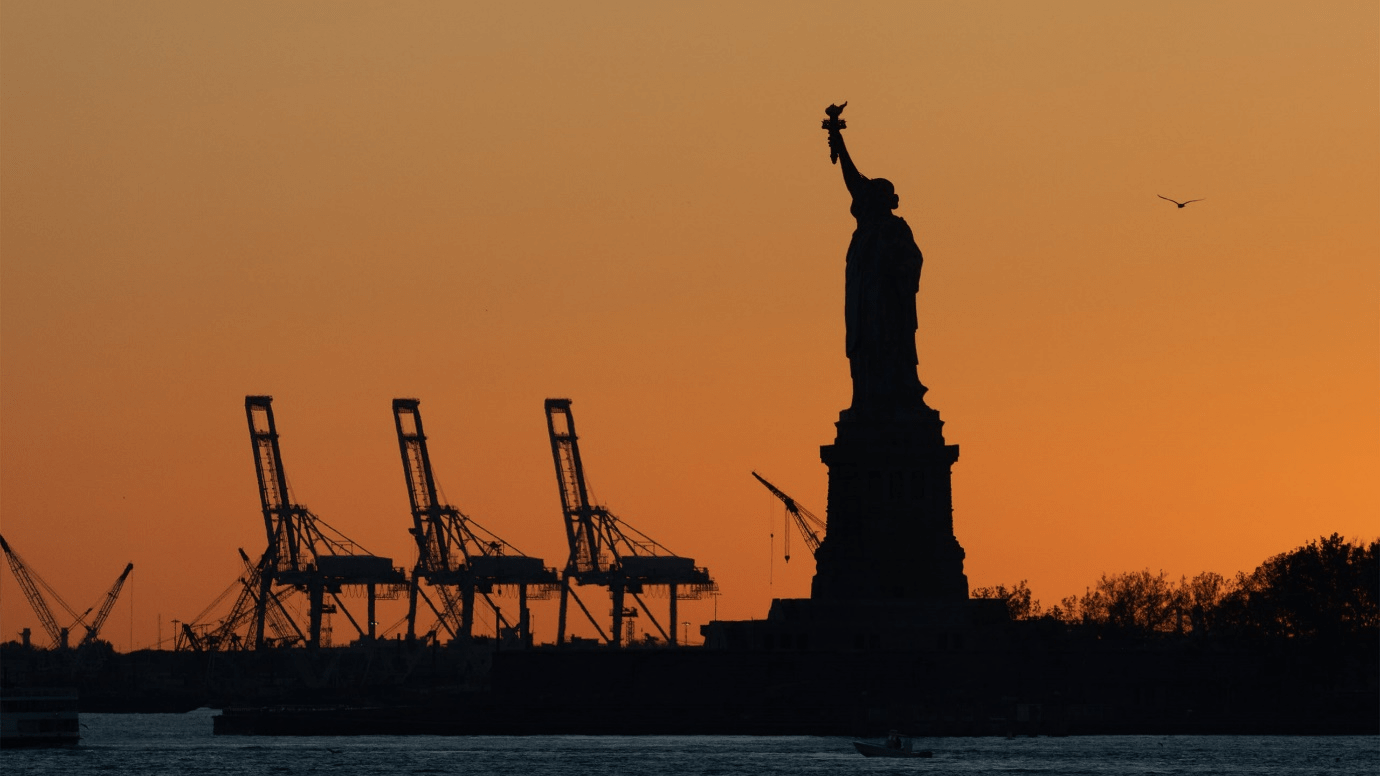
Why Skills-First Leadership Is Replacing the Ivy League Playbook in the C-Suite
The old prestige pyramid—where Ivy League degrees and blue-chip consulting backgrounds paved the way to the CEO seat—is cracking.

December 2, 2021: -Eliminating tariffs imposed on goods during the worst of the trade war would help the inflation in the U.S., former Treasury Secretary Jacob Lew told CNBC on Tuesday.
“I think that the U.S and China have great differences, and I’ve never thought it should just be regarding negotiating the exchange of one good or another on one side or the other. It should be about a level playing field,” Lew said. He is serving as treasury secretary from 2013 to 2017 during the Obama administration.
He then continued saying, “I’ve thought from the beginning that the tariffs were an ineffective way to deal with their attacks on American consumers. And currently, with inflation being an issue, rolling back tariffs would reduce inflation in the United States.”
Relations amid the Washington and Beijing took a turn for the worse in 2018 when the Trump administration imposed tariffs on billions of dollars worth of Chinese goods, and Beijing retaliated with punitive measures, drawing the sides into a protracted trade war.
U.S. tariffs on Chinese goods stood at 19.3% on a trade-weighted basis in early 2021, while Chinese tariffs on American products were at nearly 20.7%, according to data compiled by think tank Peterson Institute for International Economics by year.
Before the trade war, U.S. tariffs on Chinese goods were on average 3.1% in 2018, while China’s tariffs on American goods were
nearly at 8%, the data showed.
American businesses bear most of the cost burden from the high tariffs imposed at the height of the U.S.-China trade war, according to a report from Moody’s Investors Service this year.
The rating agency said that U.S. importers absorbed more than 90% of additional costs resulting from the 20% U.S. tariff on Chinese goods. Meaning U.S. importers pay around 18.5% more in the price for a Chinese product subject to that 20% tariff rate, while Chinese exporters receive 1.5% less for the same effect, according to the report.
Worries more than inflation have shot up this year, as energy prices spiked and the ongoing supply chain crisis led to shortages of goods.

The old prestige pyramid—where Ivy League degrees and blue-chip consulting backgrounds paved the way to the CEO seat—is cracking.

Loud leaders once ruled the boardroom. Charisma was currency. Big talk drove big valuations.

But the CEOs who make history in downturns aren’t the ones with the deepest cuts

Companies invest millions in leadership development, yet many of their best executives leave within a few years. Why?

The most successful business leaders don’t just identify gaps in the market; they anticipate future needs before anyone else.

With technological advancements, shifting consumer expectations, and global interconnectedness, the role of business leaders

Following a distinguished Law Enforcement career Joe McGee founded The Securitatem Group to provide contemporary global operational specialist security and specialist security training products and services for private clients, corporate organisations, and Government bodies. They deliver a wide range of services, including complete end-to-end protection packages, close protection, residential security, protection drivers, and online and physical installations. They provide covert and overt investigations and specialist surveillance services with a Broad range of weapons and tactical-based training, including conflict management, risk and threat management, tactical training, tactical medicine, and command and control training.

Jay Wright, CEO and Co-Owner of Virgin Wines infectious energy, enthusiasm, passion and drive has been instrumental in creating an environment that encourages talent to thrive and a culture that puts the customer at the very heart of every decision-making process.

Fabio de Concilio is the visionary CEO & Chairman of the Board at Farmacosmo, a leading organization dedicated to mental health and community support services. With a deep commitment to identifying and meeting customer needs, Fabio ensures that high standards are maintained across the board.

Character Determines Destiny – so said Aristotle. And David CM Carter believes that more than anything else. For David, it has been numerous years of research into codifying Entelechy Academy’s 54 character qualities that underpin everything he stands for as a leader and teacher.


Leave us a message
Subscribe
Fill the form our team will contact you
Advertise with us
Fill the form our team will contact you